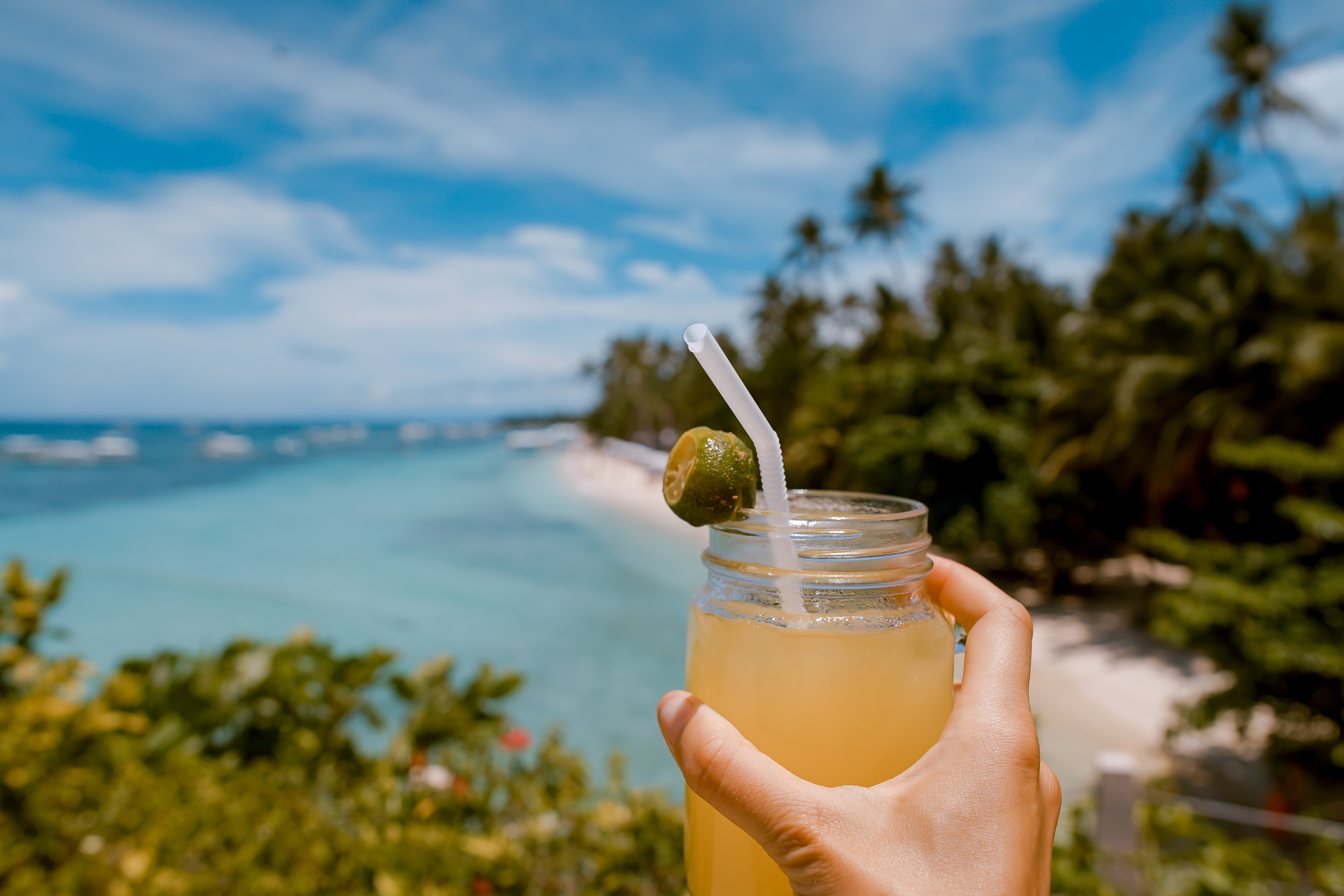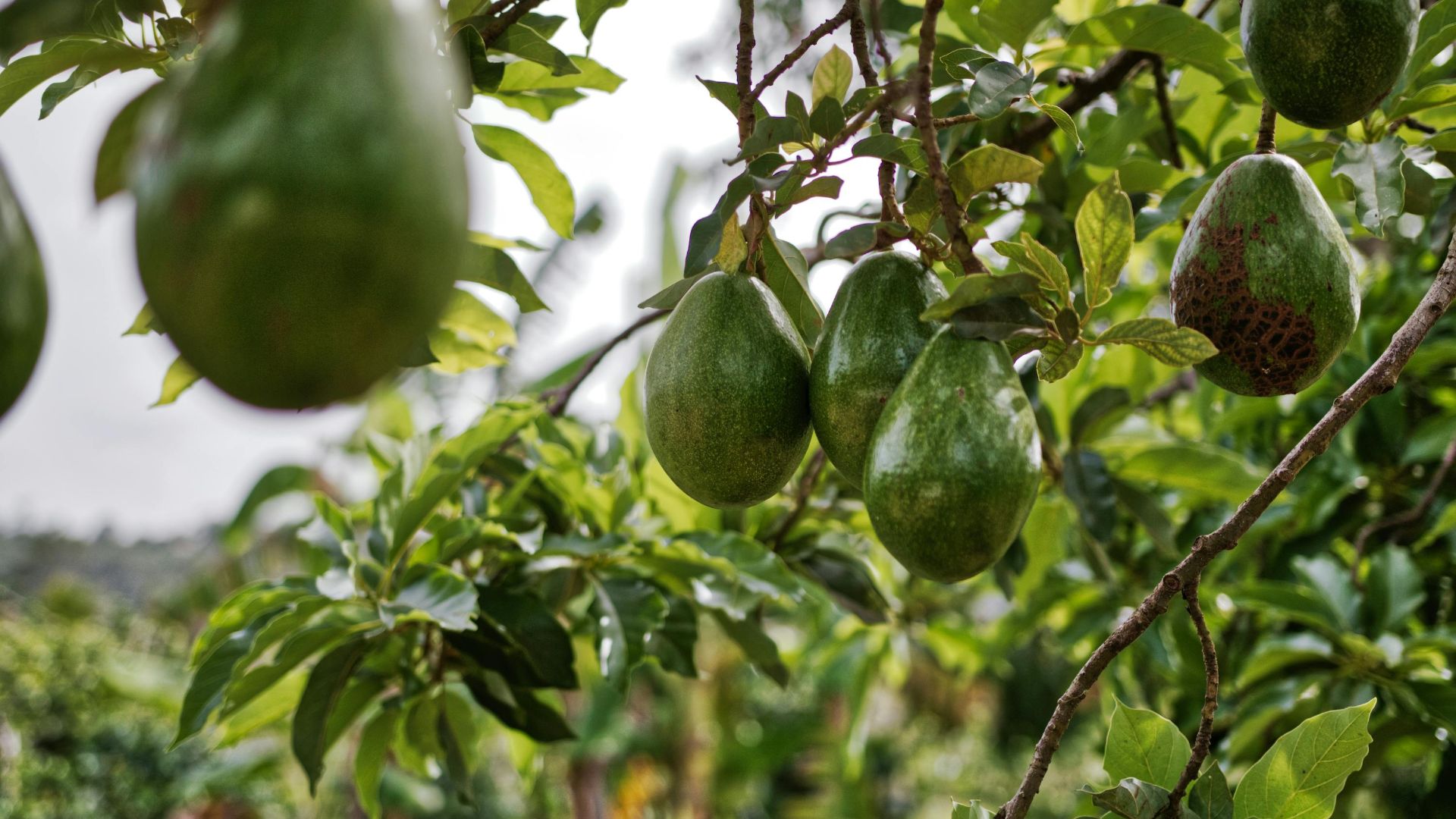Starting in the 1980s, avocados have been one of the trendiest fruits in the US, driven by the health-food craze. The opening of the US market to Mexican imports, thanks to the introduction of NAFTA in the late 90s, made them more readily available than ever before. Clever marketing campaigns and the rise of social media in the 2000s and 2010s solidified their place as a cultural icon and staple in the American diet, particularly in dishes like avocado toast, which became the quintessential hipster food.
The avocado's popularity is easy to understand—it's a luscious, versatile, visually appealing, and nutrient-dense food. However, the green fruit has a dark side that, in recent years, has started to turn chefs off from including it on their menus. Far beyond trends or changing taste preferences, the avocado has become one of the most controversial ingredients in modern cuisine.
Environmental impact
Avocados have a troubling ecological footprint. They're notoriously water-hungry—a single avocado requires anywhere from 50 to 70 gallons of water to grow. This strains local water supplies, especially considering the main avocado-producing regions are in places like drought-ridden California and Mexico. This leads to water shortages for local communities and ecosystems.
Avocado production has also been linked to deforestation, especially in places like Mexico, where forests are being illegally cleared to make room for more avocado trees. This deforestation depletes the soil and leads to a direct loss in biodiversity.
"Cartel fruit"
The environmental concern is only one small factor prompting the fruit's boycott. The avocado is also plagued by ethical issues in places like Mexico, where the cartel has infiltrated its supply chain. Criminal organizations exploit farmers, extort businesses, and use violence to control the trade.
Most of Mexico's avocados come from the state of Michoacán, which criminals moved into as soon as they saw how lucrative the market was. The cartel has been placing astronomically high taxes on avocado farms, charging "protection money" or demanding a cut of the profits. Different criminal groups over the years have used violence or intimidation to control farmers, who have been kidnapped or even killed if they refuse to pay.
Aside from controlling farmers, the cartel has also taken over land to create illegal orchards. They'll seize water resources, infiltrate packaging and distribution centers, and control transportation routes. Local authorities can't do anything because they're outgunned, threatened, or bribed. It's gotten to the point where, in 2022, the US suspended avocado imports from Michoacán after American inspectors were threatened by cartel members.
The response
Chefs around the world are more aware than ever of the hidden costs behind the dishes they serve, and so are customers. As a result, kitchen staff are exploring creative ways to work around using avocados, particularly ones from Mexico. They're pivoting to using green peas, edamame, and fava beans to create spreads and sauces that rival avocado-based ones. It's given rise to a new wave of plant-based experimentation.
Chefs stepping away from avocados isn't about rebellion or following frivolous trends; it's about ethics and sustainability. Diners care more about transparency than ever before, and the culinary world is responding by evolving, because great food shouldn't come at such a high cost.
KEEP ON READING









